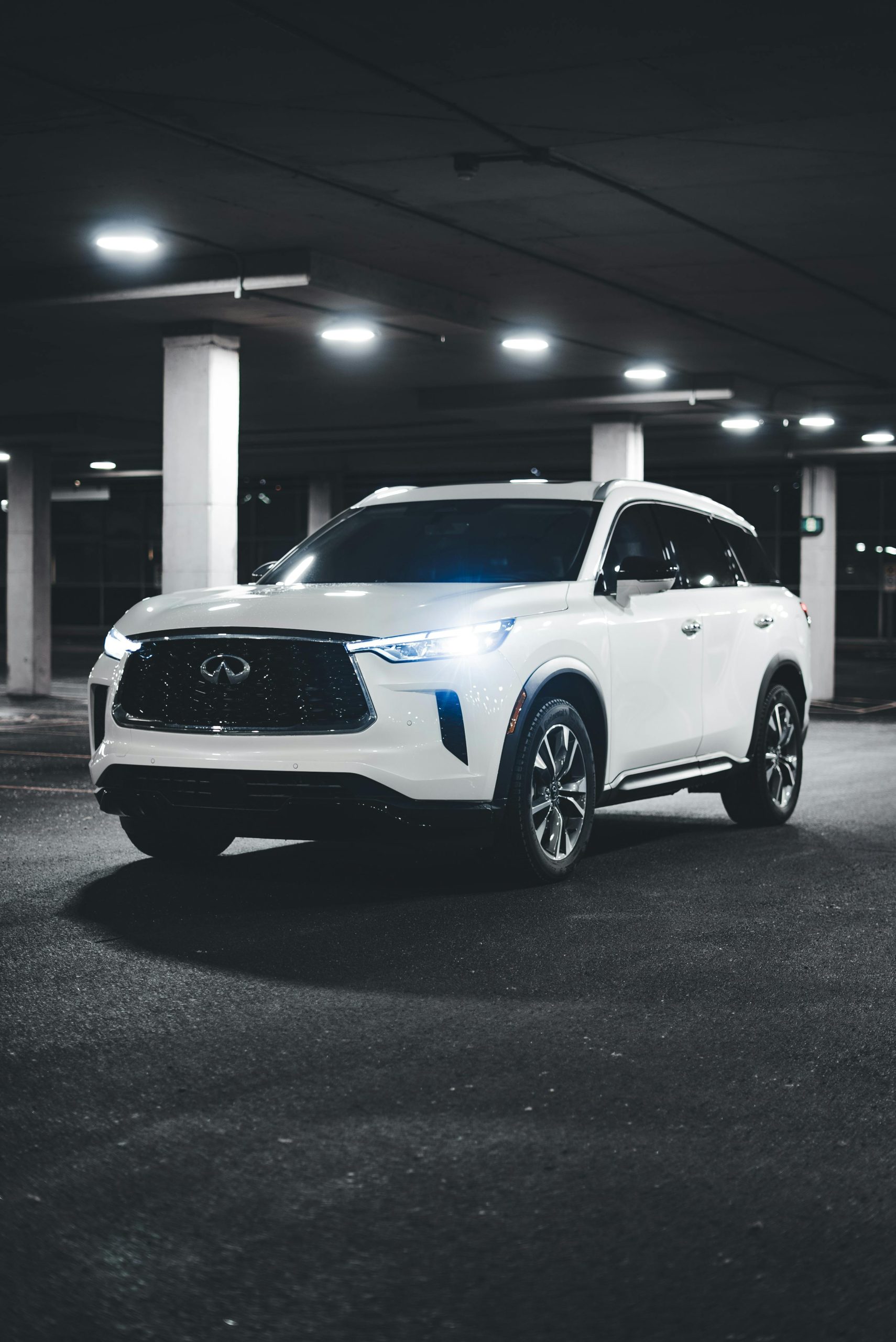Received a subrogation notice in the mail from a third party representing my health insurance company. My car insurance has determined that the other driver is at fault, but their insurance is denying liability, arguing that I share some blame. Since I live in Virginia, where contributory negligence laws apply, if I’m found even 1% at fault, I won’t be eligible for compensation. The other driver did cover my repair costs through court-ordered restitution.
Am I going to be liable for the medical expenses? Should I reach out to this third party directly, or should I let my lawyer handle it?




It sounds like you’re navigating a complex situation, and it’s important to address it carefully. Since you’ve already involved a lawyer, it might be best to keep them in the loop about the subrogation claim and any correspondence you receive from the third party. They can provide legal guidance tailored to your specific situation, as they’re familiar with the nuances of contributory negligence laws in Virginia.
Regarding your medical bills, since your health insurance company is pursuing subrogation, they may be seeking to recover the costs they incurred for your treatment related to the accident. If your car insurance company has deemed the other party at fault, that may work in your favor, but given the other party’s claim of shared fault, it complicates matters.
It’s essential to clarify what your lawyer suggests and whether they’ll handle the communication with the subrogation company. Ensure that you document everything and don’t make any statements that could be interpreted as admitting fault. Discuss all your options with your lawyer to determine the best course of action.